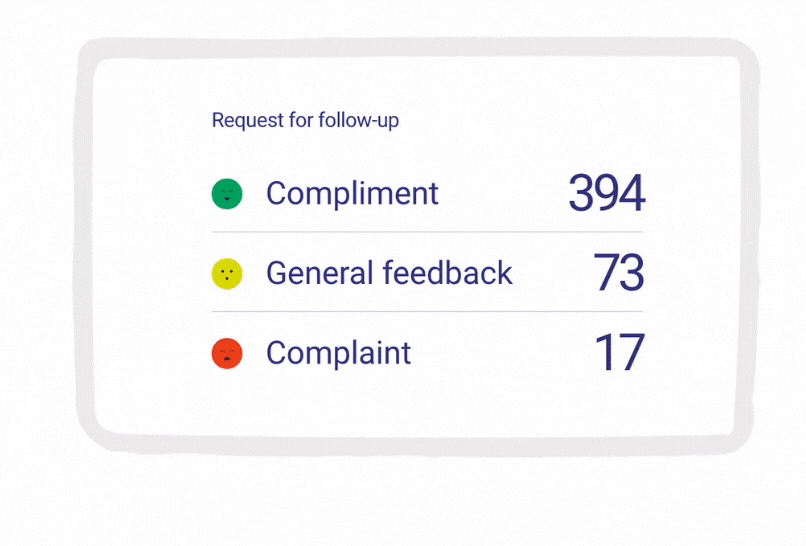The Australian Government is signatory to a number of international treaties which are designed to recognise and protect human rights. Human rights recognise an intrinsic worth of an individual, regardless of background, beliefs, culture, location or appearance. International treaties such as the International Covenant on Economic, Social and Cultural Rights (ICESCR) protect our society’s right to health and to social security.
Consumers in Australia have rights with respect to aged care and to health care. The Australian Charter of Healthcare Rights (2nd edition) focus on person-centred care and empowers consumers to take an active role in their healthcare. In aged care consumers receiving Australian Government funded aged care services have the right to be properly looked after, treated well and given high quality care and services. The rights of consumers are protected by a Charter of Aged Care Rights. In each charter, the person’s right to complain is noted. The Aged Care Quality Standard 6 reflects best-practice based on the AS/NZ 10002 Australian Standard for Complaints Management.
In healthcare, patients’ complaints are increasingly seen as a valuable source of information to help understand health care organisation functioning and patient safety and to improve health care quality.
Research in the area suggests that complaints relate to the safety and quality of the clinical care, the management of the healthcare organisation and problems relating to staff-patient relationships. The most commonly described issues were treatment and communication. The research literature around complaints suggests that there is a move to a more strategic rather than legal form of response that seeks to understand the complexity of adverse health events in the complaints process to inform improvements in quality. Complaints analysis tools built on a taxonomy of healthcare complaints are being developed to determine frequency, commonality and severity of different types of complaints.
There are some studies looking at complaints in aged care. A study of US data published in 2005 provided national evidence that consumer complaints were consistent with facility-level traits often examined in the nursing home quality literature such as deficiency citations, serious citations, and nurse and nurse aide staffing. The authors also noted that these complaints provided a real-time signal of quality concerns from the consumer’s perspective. A more recent US study showed that complaints did provide information regarding quality for residents. Indeed the authors suggested that complaints and subsequent investigations of alleged misconduct have the potential to provide insight into aspects of quality of care that are not yet fully captured in current analyses of quality.
While there is public reporting of complaints in the aged care sector, for the most part it reports on the subject of the complaint wit less analysis on the potential of such data for improvements at the organisational or sector level. The 2018-2019 report of the Aged Care Safety and Quality Commission noted the most common issues raised in complaints about residential aged care were about medication administration and management, falls prevention and post-fall management, personnel number and sufficiency, personal and oral hygiene, and constipation and continence management. The Commission report noted however, that the range of issues brought forward in complaints was very broad. For home care packages, the most common complaint issues were fees and charges, lack of consultation and communication, and inconsistent client care and coordination.
The importance of a viable complaints process has been highlighted in the interim report of the Royal Commission. It has identified that complaints mechanisms are difficult to access, there is a lack of responsiveness by the Commonwealth complaints authority, and situations where people fear to make a complaint because of the risk of retaliation by the service provider. A lack of aged care literacy is a further concern. An online survey conducted by National Seniors Australia in 2018 found that while one-third of respondents felt that there are options available to make a complaint about aged care services, over 60 per cent have not heard of the Aged Care Complaints Commissioner.
Aged care agencies have been active in creating implementation guides to support facilities and services in building a new approach to complaints. A review of strategies to improve systems for managing complaints in health facilities notes that while no single measure can be sufficient, any intervention to improve patient complaint management systems must include different components, which need to be feasible, effective, scalable, and sustainable within local contexts.
If complaints are to achieve a more meaningful role in supporting quality improvement in aged care, the sector needs to look at how to build a culture that views feedback and complaints as valuable and how to establish and embed processes that engender open, transparent and respectful communication including complaints and feedback.
This article is by Professor Jennifer Tieman and was first published in PalliAged, April 2020













